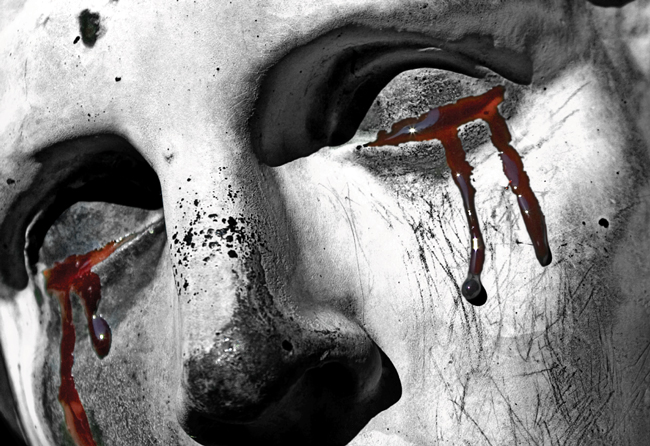What a whirlwind we are reaping in Iraq! Unfortunately, it is not only the United States that is paying the price of having opened Iraq’s sectarian can of worms. For all the money and human resources America squandered in this endeavor, the Iraqi people have suffered ten times as much, and there don’t appear to be any good options ahead of them.
Literature can’t begin to do justice to the horrors that we are witnessing, but Tom and Daisy Buchanan come to mind in describing America’s instigation of the war:
They were careless people, Tom and Daisy- they smashed up things and creatures and then retreated back into their money or their vast carelessness or whatever it was that kept them together, and let other people clean up the mess they had made.
Even more than The Great Gatsby, however, Oedipus Rex helps us see the situation clearly.
First of all, there’s George W. Bush’s Oedipal conflict with his father George H. W. Bush. Regarded as the lesser of the Bush sons, George W. may have been trying to prove himself by doing what his father wasn’t willing to: depose Saddam Hussein, the tyrant who enjoyed railing at the United States. As in the play, where the killing of King Laius opens up a leadership vacuum into which Oedipus steps, so the overthrow of Hussein propelled the United States into “nation building.”
And then there was George W’s cocky confidence, which is a lot like that of Oedipus. George W declared “mission accomplished” and proclaimed America’s special mission. Oedipus, meanwhile, sets forth his accomplishments in a tirade against Creon and Teiresias, whom he thinks are trying to undermine him. Note how little humility he shows in his mention of the gods:
When that hellcat the Sphinx was performing here
What help were you to these people?
Her magic was not for the first man who came along:
It demanded a real exorcist. Your birds–
What good were they? or the gods, for the matter of that?
But I came by,
Oedipus, the simple man, who knows nothing–
I thought it out for myself, no birds helped me!
Instead of ushering in a new era of peace and prosperity, however, Oedipus has unleashed a plague by having killed his father. The Iraqi version of this plague is sectarian strife, which Hussein brutally kept in check, sometimes through massacring Kurds and Shiites. Once Hussein and then the U. S. were gone, it could break out again in full force.
Oedipus, a compassionate man who feels his people’s suffering, thinks that, through force of will and personality, he can straighten everything out. He’s a can-do leader who won’t let anything stand in his way. Bush was not headstrong in this particular way, but as a “compassionate conservative” he thought that he could impose a U. S. style democracy upon Iraq. Like Oedipus, he had no clue what he was dealing with.
Interestingly, I detect an underlying lack of self-confidence in both Bush and Oedipus. If Oedipus is as paranoid as he is, sensing conspiracies all around him and lashing out, it may be because he doesn’t feel an entire confidence in his position. Perhaps Bush too, in the Oedipal drama I have mentioned, felt that he could compensate for perceived weakness by involving America in two simultaneous wars. As often occurs in Oedipal dramas, his father, who showed restraint, now appears the bigger man.
With the disintegration of Iraq, the truth of the situation is breaking in on America and perhaps on George W, just as the consequences of his regicide eventually break in on Oedipus. Only one of the two appears to take responsibility and experience self-lacerating shame, however.
Oedipus provides America with an important object lesson. Whenever we think we can use our immense wealth and overwhelming military power to impose our will on the world, the play reminds us that there will always be much that we don’t understand. In our blindness, we are always capable of unleashing a plague.


